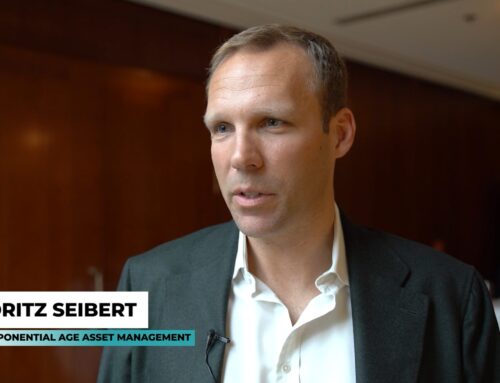An evaluation of the empirical evidence on risk-free drinking. Why Quant Winter hasn’t hit the beach yet.
In this weeks review, instead of glass tumblers I’m settling for plastic cups (sorry Greta) and dig my feet deep into the sand enjoying the company of top quality women and cheap beer – or is it the other way round? Anyway, being exposed to a completely different time zone gives me the advantage of being dead-drunk adequately intoxicated while you can relax and enjoy your morning coffee. To give you the opportunity to equally enjoy some vacation spirit, I’ll keep this weeks review less financial market centered and go directly to the second most important topic of this blog: drinking.
Why we do drink and especially do it very often in a business setting can be very well explained by this article by the FT, “Why drink is the secret to humanity’s success”. No, it’s not only because we become overly friendly and lose our social inhibitions – even though this is definitely true judging by the exuberance displayed by my British companions playing beer-pong next to me.
Rather, the alcohol itself triggers the brain mechanism that is intimately involved in building and maintaining friendships in monkeys, apes and humans. This mechanism is the endorphin system.
But wait, there is more. In the end this is a Quant blog, right, so we want at least some halfway credible data to justify our drinking in hindsight:
One study by Julianne Holt-Lunstad collated the results of 148 studies of heart-attack patients. The aim was to determine what it was that best predicted the probability of surviving for 12 months after your first heart attack. Aside from sampling a very large number of people, it was based on a hard-nosed outcome: survival or death. And the best predictor? The number and quality of friendships you had.
So, long story short it comes back to the topic of making friends by drinking. And having friends is good for your health. So drinking is good for your health. Q.E.D.
Or not?
There is the widely held belief in some health systems and around some regulars’ tables that drinking in moderate amounts (whatever that means) is good for your health. This result is not only interesting in itself but also a warning sign regarding the misuse of statistics as pointed out in this article:
That’s in part because some older studies didn’t account for the fact that many people who don’t drink abstain either because they had addiction issues in the past, or have other health problems that force them to stay away from alcohol. Including these individuals in the general non-drinking population may have skewed research results to make teetotalers as a whole group look unhealthier than they actually are, some studies have suggested.
So, a sampling error gave us the misconception that our daily dose of liquidity was actually healthy. Well, working in finance we have seen worse. As a quick reminder have a look at this Man AHL article on the impact that overfitting has on an investor. If you are new to the game and don’t know yet how to curve fit your trading strategy, I suggest this excellent post by Michael Harris.
So enough with lecturing you on the dangers of alcohol consumption and back to my life as a Quant where I just got the news that we are stuck in a “Quant Winter”. I won’t get into much details on the ongoing discussion, as I believe that the other Moritz has more to say on this in this weeks episode of the Systematic Investor Podcast. However, if you are interested in some really good thoughts on the topic, feel free to study this extract from Robert L. Bacon’s _Secrets of Professional Turf Betting _(Brattleboro, Vermont, Amerpub Co., 1956) which is mainly concerned with aspects of horse betting and was brought to my attention by Nat Stewart:
“the percentage of winners does not remain constant as the public’s play beats down the prices of horses picked by any set scheme” https://t.co/DBrQU0WPRe
— Nat Stewart (@natstewart5) January 18, 2020
Before I go back to my bucket of ice cold Chang and dig deeper into the topic of horse riding with sun-burned Brits, I will close with the following citation which summarizes “Quant Winter” quite appropriately in my perspective:
It’s not the races that beat these players – it’s the switches!
So long and happytrading!





